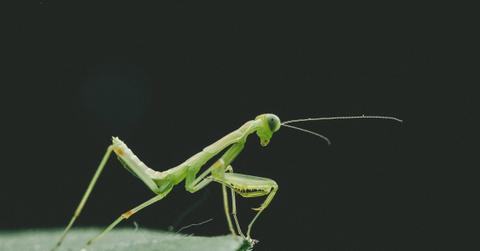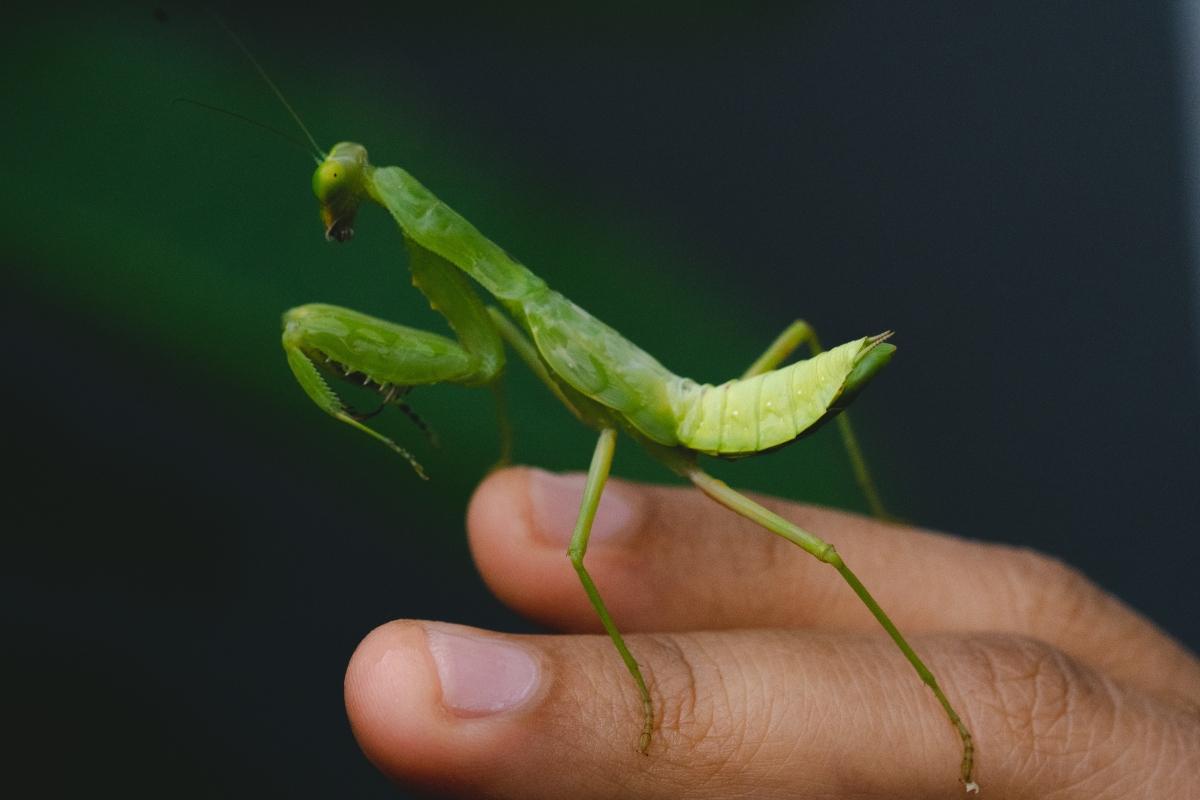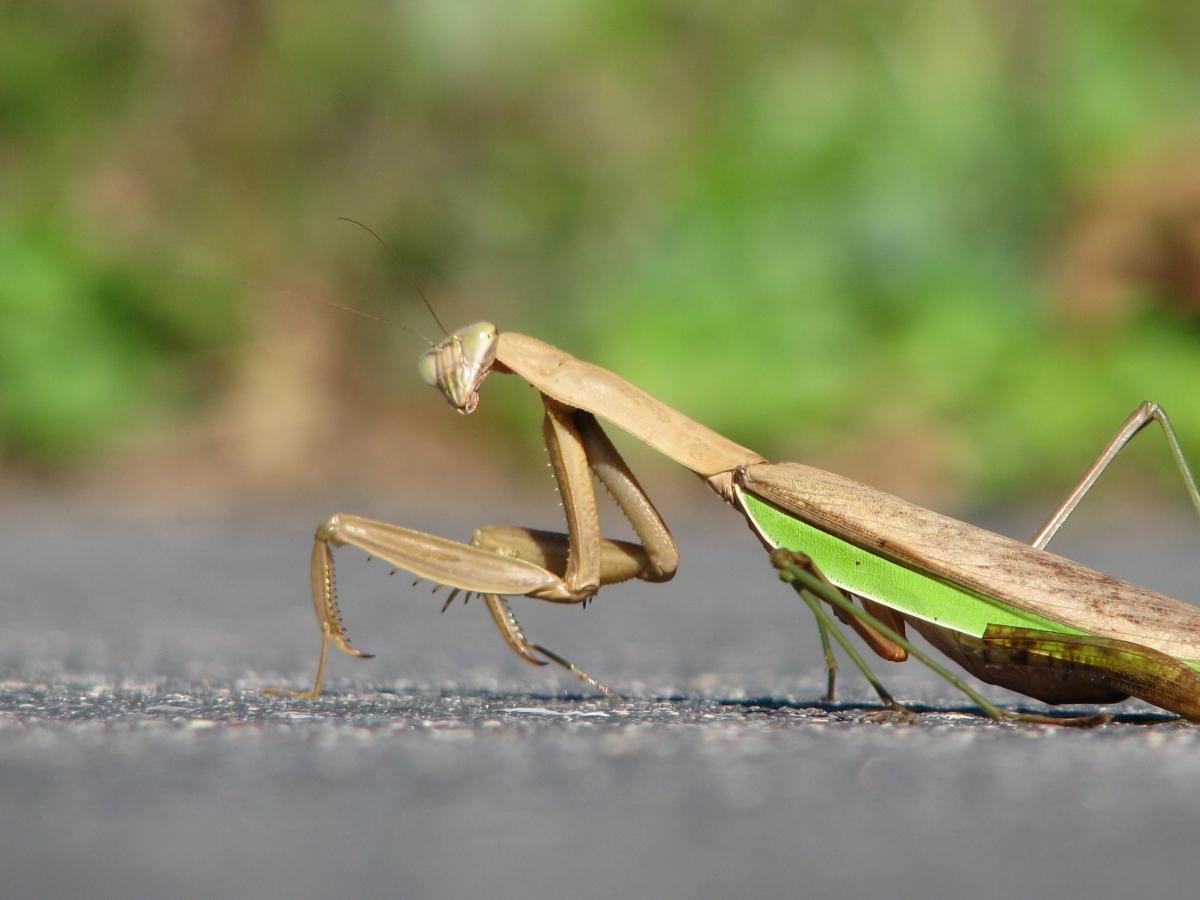Are Praying Mantises Poisonous? Do They Bite? What to Know About This Mysterious Insect
Updated Jan. 11 2024, 10:02 a.m. ET
One of the many fascinating creatures in the insect world is the praying mantis. The insect's folded front legs make them look they are praying, but they also have some unique habits for mating and hunting prey.
If you've ever wondered if praying mantises bite, you'd also want to know how dangerous their bite could be. Are praying mantises poisonous?
Praying mantises don't pose much of a threat to people as far as insect bites go, but it's possible that one could bite you. Here's what to do if that happens.
Do praying mantises bite people?
Since bites are the primary concern when it comes to humans interacting with insects, is it possible for a praying mantis to bite you? According to A-Z Animals, praying mantises rarely bite humans. As often happens with wildlife attacks, praying mantises are more likely to bite a person if they feel threatened in some way.
Instead of teeth, praying mantises have mandibles, per A-Z Animals. These are sharp jaws that move sideways to cut through their food. They might also grab onto a person using their front legs, causing a pinch, and the larger the mantis, the more likely you are to feel that pinch.
Are praying mantises poisonous?
As Healthline explains, praying mantises are nonvenomous insects. This means even in the rare event that a person is bitten by a praying mantis, that bite doesn't deliver poison into your body. A praying mantis has great eyesight, so it's unlikely that one will mistake you for prey, but it's a good idea to wear gloves when gardening, and pants and long sleeves to protect from all kinds of insect bites.
Although praying mantis bites are fairly uncommon, Healthline advises washing your hands thoroughly if you do happen to be bitten. This isn't just a quick rinse with water, though. Use warm water and soap, lather up well, and thoroughly wash every part of your hands for at least 20 seconds.
Be sure to rinse your hands well to get rid of all soap, use a cloth towel to turn off the faucet, and then dry your hands with a clean towel.
Praying mantises are predators in the insect world.
Although praying mantises aren't venomous and therefore their bites aren't poisonous to people, they're a formidable insect predator. According to National Geographic, approximately 2,500 species of praying mantises stalk or ambush theixr prey before silently and suddenly attacking. They grab victims with their forelegs, which have interlocking spines that effectively trap prey.
And of course, most of us recall that female praying mantises are known to devour the head of the male while mating with him. National Geographic explains that this only happens about 30 percent of the time. The female praying mantis dies soon after laying hundreds of eggs. Fun fact: when the young praying mantis nymphs hatch, they look for food and may even eat one another in a battle to survive to adulthood.
This article, originally published on Aug. 21, 2023, has been updated.


